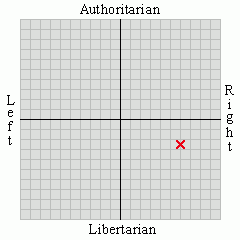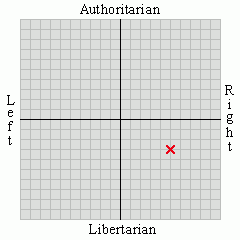This interview featured in an edition of Punch Magazine over 50 years ago:
Q: What are banks for?
A: To make money.
Q: For the customers?
A: For the banks.
Q: Why doesn’t bank advertising mention this?
A: It would not be in good taste. But it is mentioned by implication in references to reserves of £249,000,000,000 or thereabouts. That is the money they have made.
Q: Out of the customers?
A: I suppose so.
Q: They also mention Assets of £500,000,000,000 or thereabouts. Have they made that too?
A: Not exactly. That is the money they use to make money.
Q: I see. And they keep it in a safe somewhere?
A: Not at all. They lend it to customers.
Q: Then they haven’t got it?
A: No.
Q: Then how is it Assets?
A: They maintain that it would be if they got it back.
Q: But they must have some money in a safe somewhere?
A: Yes, usually £500,000,000,000 or thereabouts. This is called Liabilities.
Q: But if they’ve got it, how can they be liable for it?
A: Because it isn’t theirs.
Q: Then why do they have it?
A: It has been lent to them by customers.
Q: You mean customers lend banks money?
A: In effect. They put money into their accounts, so it is really lent to the banks.
Q: And what do the banks do with it?
A: Lend it to other customers.
Q: But you said that money they lent to other people was Assets?
A: Yes.
Q: Then Assets and Liabilities must be the same thing?
A: You can’t really say that.
Q: But you’ve just said it! If I put £100 into my account the bank is liable to have to pay it back, so it’s Liabilities. But they go and lend it to someone else and he is liable to have to pay it back, so it’s Assets. It’s the same £100 isn’t it?
A: Yes, but….
Q: Then it cancels out. It means, doesn’t it, that banks haven’t really any money at all?
A: Theoretically……
Q: Never mind theoretically! And if they haven’t any money, where do they get their Reserves of £249,000,000,000 or thereabouts??
A: I told you. That is the money they have made.
Q: How?
A: Well, when they lend your £100 to someone they charge him interest.
Q: How much?
A: It depends on the Bank Rate. Say five and a-half percent. That’s their profit.
Q: Why isn’t it my profit? Isn’t it my money?
A: It’s the theory of banking practice that………
Q: When I lend them my £100 why don’t I charge them interest?
A: You do.
Q: You don’t say. How much?
A: It depends on the Bank Rate. Say a half percent.
Q: Grasping of me, rather?
A: But that’s only if you’re not going to draw the money out again.
Q: But of course I’m going to draw the money out again! If I hadn’t wanted to draw it out again I could have buried it in the garden!
A: They wouldn’t like you to draw it out again.
Q: Why not? If I keep it there you say it’s a Liability. Wouldn’t they be glad if I reduced their Liabilities by removing it?
A: No. Because if you remove it they can’t lend it to anyone else.
Q: But if I wanted to remove it they’d have to let me?
A: Certainly.
Q: But suppose they’ve already lent it to another customer?
A: Then they’ll let you have some other customers money.
Q: But suppose he wants his too….and they’ve already let me have it?
A: You’re being purposely obtuse.
Q: I think I’m being acute. What if everyone wanted their money all at once?
A: It’s the theory of banking practice that they never would.
Q: So what banks bank on, is not having to meet their commitments?
A. YOU GOT IT!



